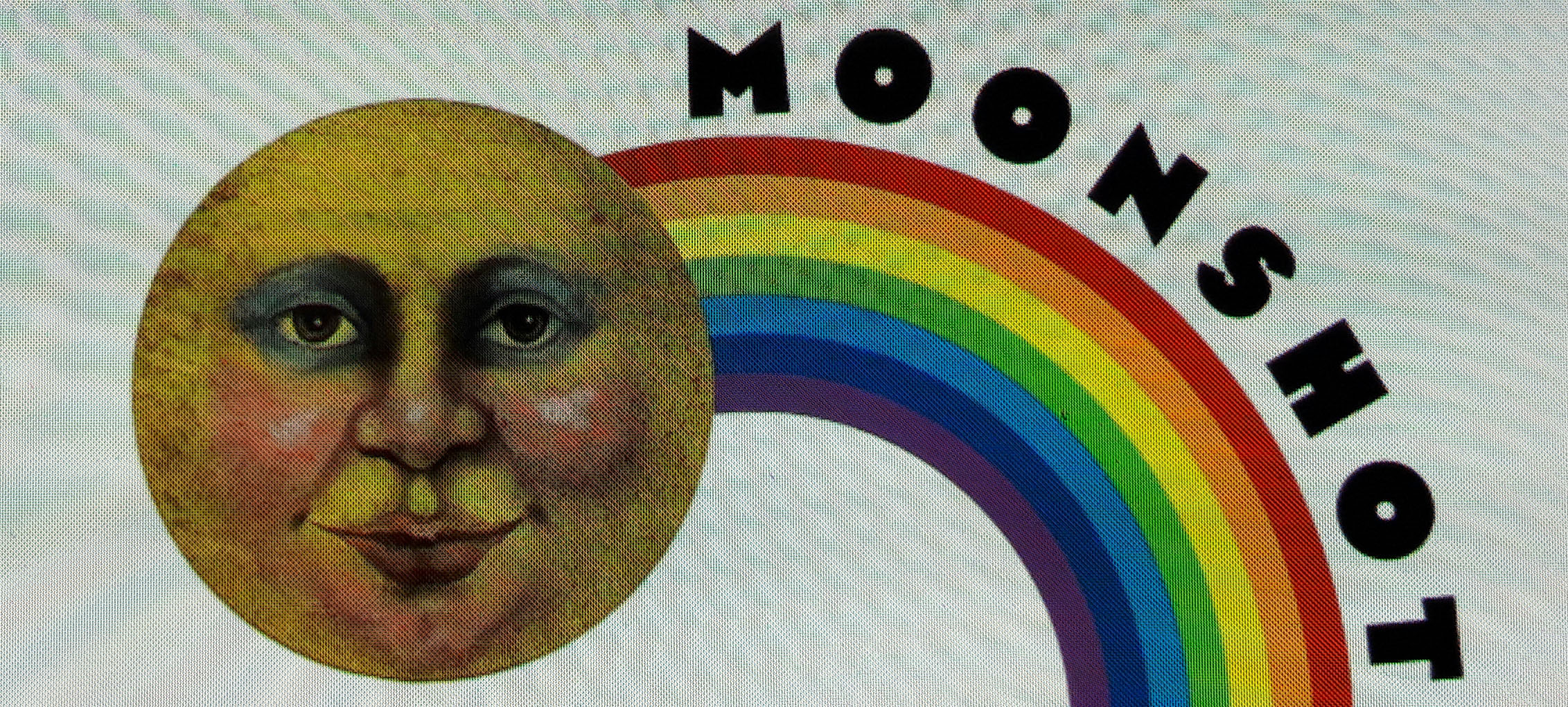
Worlds of Yesterday: A Moonshot Retrospective 1971 – 1992
By Tim Bowness
My 2017 release Lost In The Ghost Light was a homage to the classic Rock album era. The album revolved around my interpretation of the contemporary musings of Moonshot leader Jeff Harrison, though the events in the songs took place between 1967 and 2017. During this period, Rock music had gone from a revolutionary force that defined the zeitgeist to the exact opposite (a safe and nostalgic reminder of a better time). Jeff’s career was of interest to me because he came from my home town and was born on the same date as me in exactly the same place (Victoria Park Maternity Home in Warrington as I’m sure you’re eager to know). It was 16 years earlier, but how could I not be curious?
In the 1970s and 1980s, there were no local musicians of note from the area, so (in both a good and a bad way) Jeff became something of a home town legend regularly played by DJs such as The Longford Lover.
On a personal level, I was interested in how Jeff and Moonshot had been passionately principled for its first 10 years, but seemed a little exhausted and compromised from that point on. Where did the inspiration / drive go? How was all relevance and credibility lost? Why did Jeff make the career choices he did?
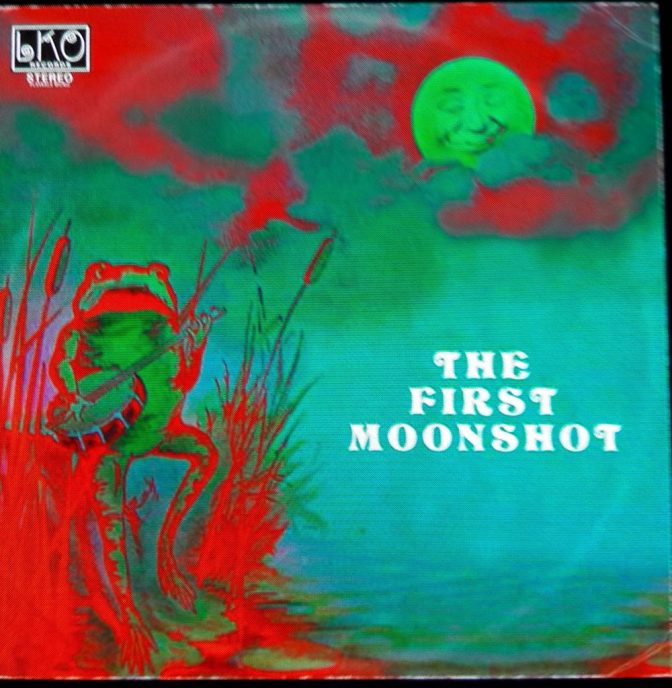
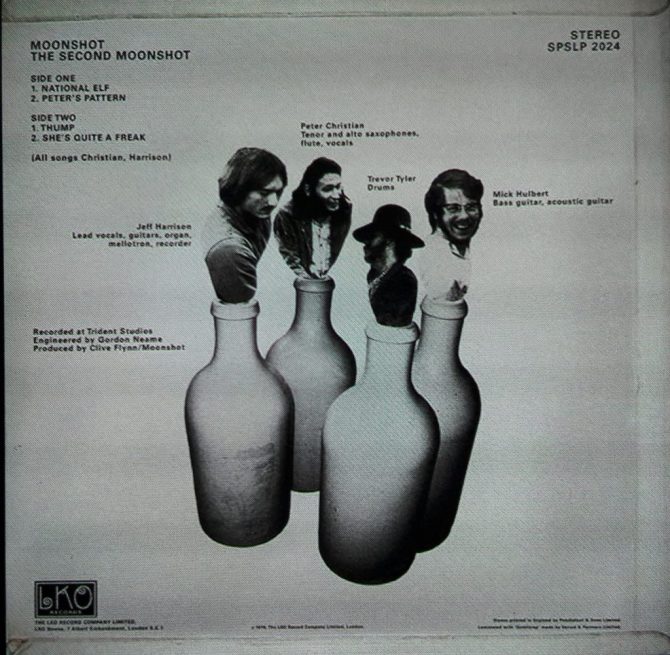
Although some critics still rate the band’s early albums (as do I), it’s fair to say that Moonshot’s reputation was sullied by years of playing ‘golden oldies’ to diminishing audiences. Jeff’s 1980s penchant for wearing leopard skin outfits (a la Rod) and his dismissive remarks about contemporary music (post Punk) also had an impact on his critical standing. In recent years, Jeff’s vocal aversion to downloading and streaming came across as bitter rather than insightful (he sometimes made a good point, but there was no moderation in the way he expressed his views). His latter-day obsessions with President Putin t-shirts and the falling standards of rice pudding production were a little (endearingly?) odd by any standards.
Sadly, there isn’t a lot of information available regarding Jeff / Moonshot, so I’ve pulled together some of the main facts about the band’s history (all views my own!)
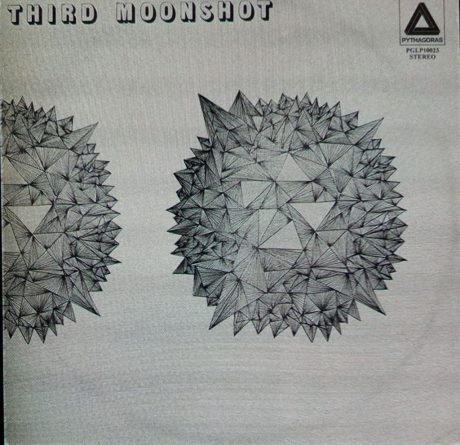
A History of Sorts
Moonshot formed in 1967 and released a couple of non-charting Psychedelic singles that year with more than a hint of The Beatles and The Moody Blues about them. The band’s debut album, released in 1968, was less Psychedelic and a little more Jazz influenced. Some reviewers have retrospectively referred to the band as the Grandaddies of Fusion due to its debut and its even Jazzier follow up The Second Moonshot and who am I to argue?
1970 – 1973
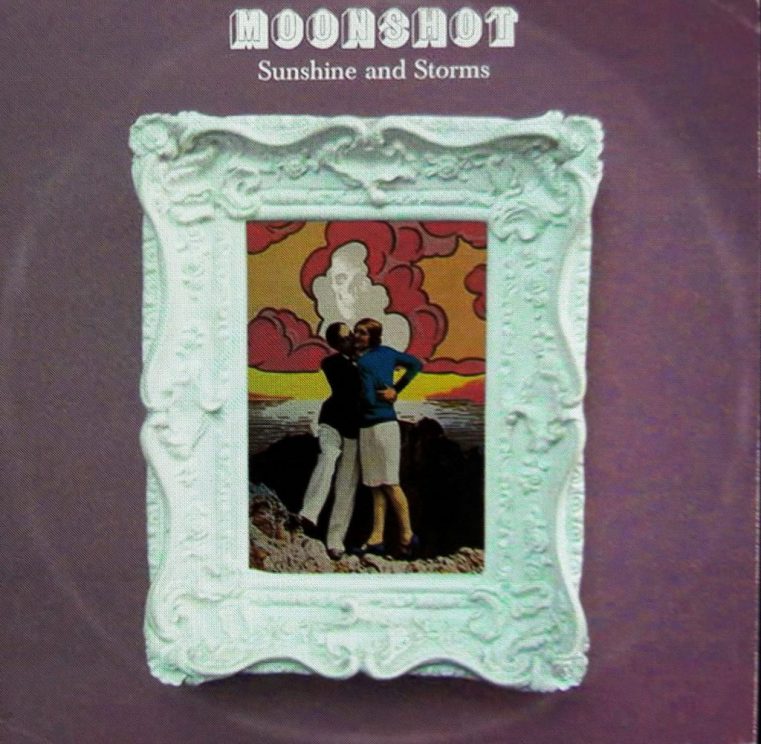
Between 1970-1973 the band morphed into a Floyd / Crimson inspired trippy ‘conceptual’ proto-Prog band and had their only UK hit in 1973 with the surprisingly romantic Before That Before single from the mystical and blissed-out Rosewater album (possibly my favourite along with 1975’s fearlessly experimental The Ruthless Captain Of Industry).
During 1974 the band trod water a little with a live album (Live At The Rainbow, of course), which featured studio overdubs aplenty and some smooth Tony Visconti post-production. After that, the band jettisoned several of the original members and headed off in a more peculiar art-rock direction (clearly influenced by Gabriel-era Genesis, David Bowie and the Enossified Roxy). It was rumoured that Harrison suffered a nervous breakdown and a debilitating semolina addiction during this period.
Late 1970\’s
As the gloomy mid-late 1970s evolved (?) into the shiny 1980s, Moonshot settled on a richly textured MOR style and became a figurehead of the Progressive Pop movement along with BJH and The Alan Parsons Project. The band were \’big in Germany\’ and had several mainland European #1 singles around this time. A mid-1980s Band Aid related co-headline date in Dusseldorf with David Hasselhoff was both a career highpoint (playing to an audience of 250,000 plus) and an artistic low (in my opinion).
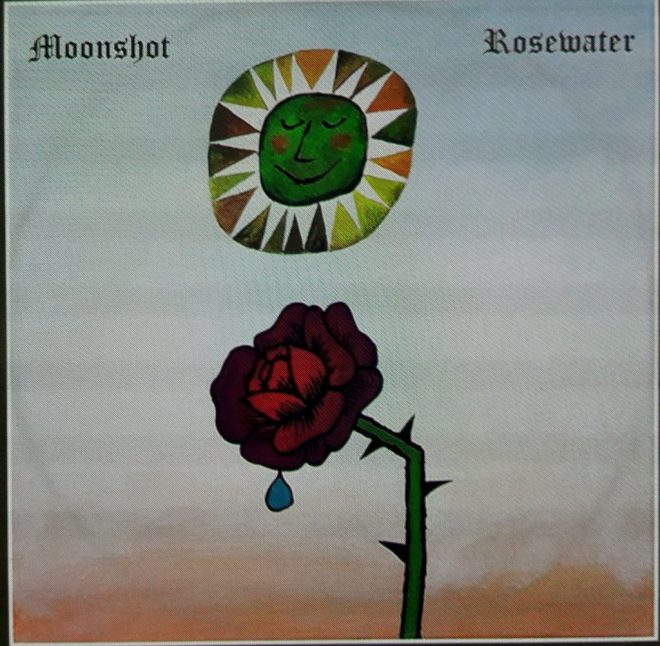
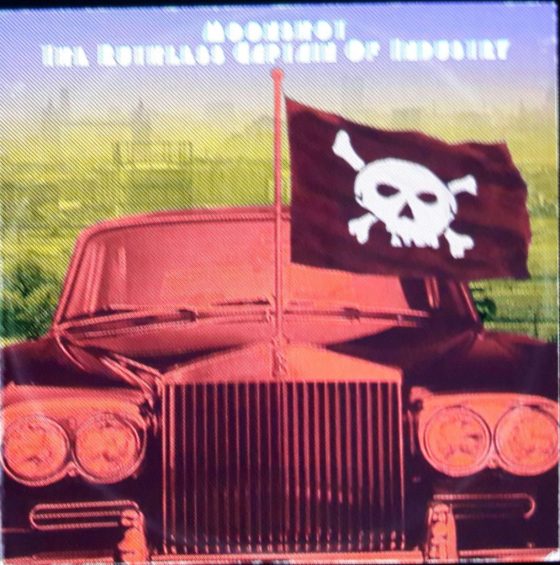
1990 – 2010
From 1990-2010 the band’s recorded output was minimal and Moonshot produced just two studio albums (both were something of an attempt to recapture some of the band’s early fire and strangeness). During this time, the band – now with Jeff Harrison as its sole remaining original member – still toured regularly (mainly in Germany, Russia, Hungary and the Netherlands). De Boerderij in Zoetermeer practically became a second home to the band and devoted Moonshotters from all over the world would travel to see the band play its annual Progenanny at the venue.
In early 2017, Jeff Harrison posted a screenshot on Instagram of a promo picture for a forthcoming album called The Digital Beyond. “A return to the conceptual heyday of 1970-1975,” as Jeff put it, the album was certainly the most ambitious statement since the band’s better 1980’s offerings.
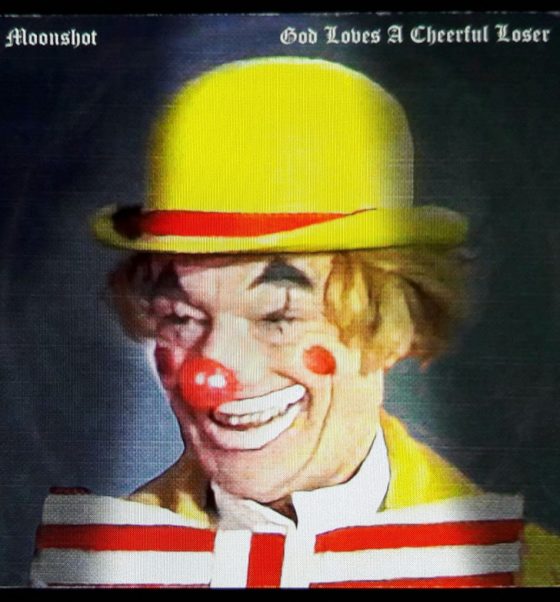
2018
Following the year long tour for The Digital Beyond, in December 2018 Jeff was hospitalised. On January 4 2019, Jeff died of complications related to excessive rice pudding consumption. It was Jeff\’s dying wish that Moonshot carry on with John Wilkinson as singer, so that the band’s music could continue to be introduced to ‘innocent ears’. Knowing of my interest in his work and having heard (and hated) Lost In The Ghost Light, he also sent word through touring bass player David K Jones that he’d like me to compile a personal best of. How could I not?
Worlds Of Yesterday – A Moonshot Retrospective will be released in 2019 and it is a very fine testament to a very fine band.